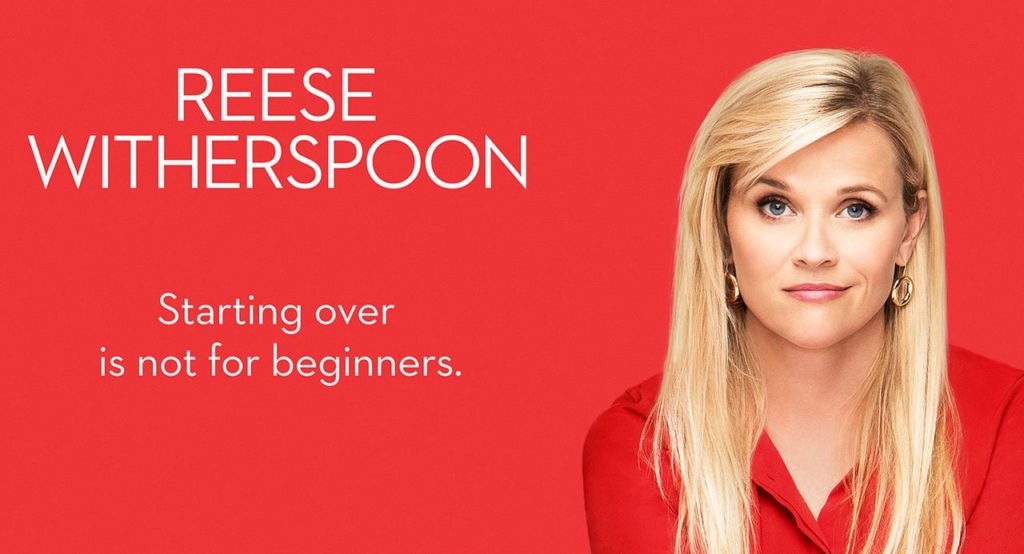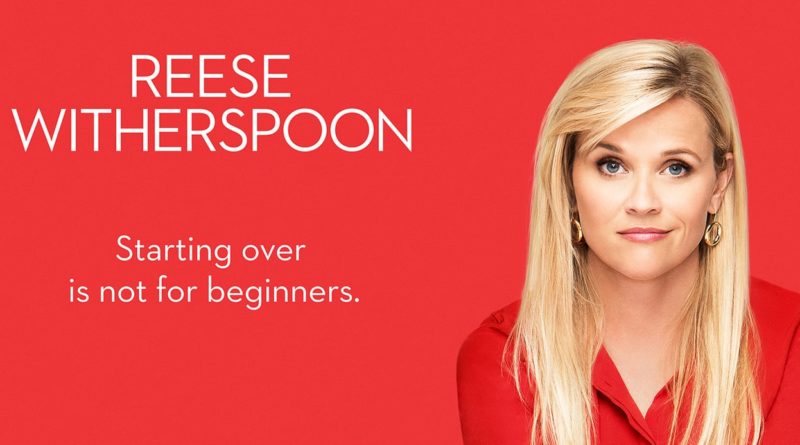No Need to Go “Home Again”
“Home Again” is the directorial debut and first screenplay of Hallie Meyers-Shyer, daughter of Nancy Meyers and Charles Shyer. With parents who are beloved directors, screenwriters and producers in their own right, it is a shame to see their daughter’s first feature turn out to be disorganized and poorly developed. It is obvious that more thought was put into the film’s aesthetics than its story, which is the root of many of its problems.

Poster provided by Vimeo
“Home Again” never feels like it lives in reality, despite desperately wanting—and failing—to be profound. This romantic comedy, a genre Meyers-Shyer’s mother has mastered but she herself clearly does not understand the nuances of, tells the story of a woman named Alice who has a silver spoon in her mouth and trivial problems.
One of most notable flaws of “Home Again” lies in how it treats first world problems as universal. Alice, recently separated from her husband, is starting a new life with her two young daughters in her late father’s Hollywood mansion while moonlighting as an interior designer for the rich and famous to give herself something to do. After meeting Alice at a bar on her birthday, a trio of amateur filmmakers—who are half her age, and all conventionally handsome, somehow manage to score free room and board in her guest house after knowing her for less than one day. Coincidently, her new housemates, named Harry, George and Teddy, just happen to idolize her famous filmmaking parents, enjoying access to all of her late father’s possessions in the home they now all share.
Alice’s mother and children effortlessly bond with the trio through the arts. George even helps the oldest daughter enter a play she wrote into a contest. Soon the guys have been there for weeks, even months possibly. The awkward on again/off again romance between Alice and Harry that sparked at the bar barely puts their freeloading in jeopardy when it should.
It is a challenge to root for them because Harry only peruses Alice when it suits him best. The forced triangulation is completed when her soon to be ex-husband suddenly asks to rekindle things with Alice. Oddly, he gives up on her all too easily, even though it seems he has won her back and driven the trio into exile. In the end, the daughter’s play reunites everyone, showing them that they were a family from the beginning. And while none of male characters have recovered a residence with Alice by the end, she is still caring for all of them one way or another.
While it is refreshing to see a 40-year-old female protagonist, especially as a romantic lead, the film ultimately asks us to believe too many unrealistic things. Alice never feels like someone who would let strangers live in her home and be intimately involved in the lives of her kids. All of the characters get too comfortable too fast, asking the audience to see them as a family even though we hardly know them. The relationship that Alice has with the trio wears too many hats, ranging from mom to friend to landlord to lover. She suddenly begins to like her husband again simply because he is there. Lastly, the oldest daughter’s play is inspired by the new house dynamic, despite the trio only being there for a few days when she wrote it.
On top of this, there are too many times where the film breaks the number one rule of writing: “Show; don’t tell.”
In fact, Meyers-Shyer begins “Home Again” with an awkward, overly long montage paired with a voiceover of Alice talking about her father’s film career. Over and over again, the film chooses a nicely edited sequence spanning over time with catchy music instead of giving us real content. Since none of the conflict is organic and much of the story is told and not shown, the film never makes it clear as it what it is trying to say at all.
Academy Award winner Reese Witherspoon makes the most of a role that gives her almost nothing to play with. Instead it just asks her to constantly make funny faces to distract from the script’s lack of depth. The romance between Alice and Harry is boring and mostly unbelievable due to Pico Alexander’s inability to feel genuine or bring any substance to an already lackluster romantic role.
George is by far the most interesting, developed and real character in the film and that fact that this character was even able to exist in this film is one of its few achievements. Played by “Saturday Night Live” alum Jon Rudnitsky, you believe every word he says, proving that sometimes inspired performances can happen in terrible films.
Lastly, Nat Wolff, who started his career on Nickelodeon, proves as Teddy that he has gracefully been promoted from child star to character actor, despite having the last amount of screen time or storyline of the trio. A better screenplay would have given his role more weight, which he could have handled.
Not even its very talented cast can make up for the script’s undeveloped characters in an overly packed plot that never meets its potential. This premise, if handled properly could have been a television show or miniseries in someone else’s hands. Even the poster does not understand that Alice is the least interesting part of the story.
Instead, “Home Again” is a 97 minute commercial for Pottery Barn that never fully explores or answers the interesting questions it presents. While the film as a whole is pleasant on the surface, the audience cannot help but want more from it and leave dissatisfied.

